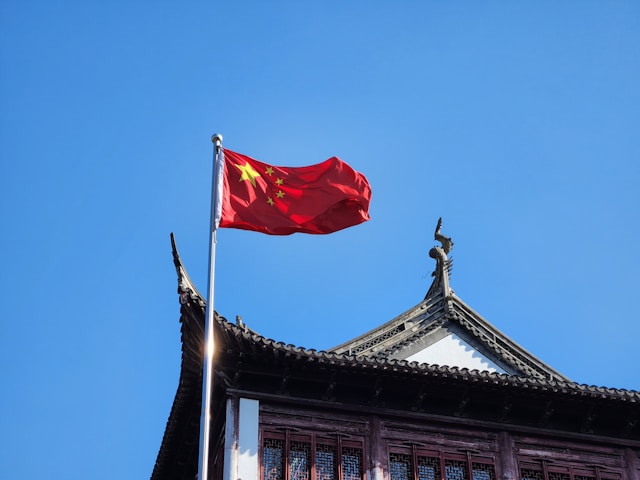
The Supreme People's Court (“SPC”) recently promulgated the Interpretation of the SPC on Several Issues Concerning the Application of Law in the Hearing of State Compensation Cases to Determine Damages for Mental Distress (the Interpretation, 最高人民法院关于审理国家赔偿案件确定精神损害赔偿责任适用法律若干问题的解释), which took effect as of April 1, 2021.
The Interpretation is applicable to the circumstance where a citizen files an application for state compensation on the ground that his/her personal right is infringed and claims damages for mental distress in accordance with Article 35 of the State Compensation Law. However, where a legal person or an unincorporated entity claims damages for mental distress, the people's court will not accept such claim.
In accordance with Article 35 of the current State Compensation Law of the People's Republic of China (amended in 2012), where an administrative organ and its staff infringe upon the personal right in the exercise of administrative functions and powers, or where the organs exercising the functions and powers of investigation, prosecution or adjudication, as well as detention centers, prison administrative organs and their staff infringe upon personal rights in the exercise of their functions and powers, causing mental distress to others, they shall, within the scope of the impact of the infringement, eliminate the impact, restore the reputation and make an apology for the victim; and where consequences are serious, applicable damages for emotional distress shall be paid.
The Interpretation stipulates that the specific amount of the damages for emotional distress shall be reasonably determined by the following factors while the overall level of social development is taken into account: (1) the circumstances in which the mental distress and the serious consequences are caused; (2) the infringement details, such as the purpose, means, and manner of the infringement; (3) the extent of illegality, and fault, and the sufficiency of the causal link of the infringing authority and its staff; (4) the crime wrongfully sentenced, severity of punishment and duration of custody; (5) the occupation of the victim and the scope of impact; (6) the cause and process of correction; and (7) other factors that shall be taken into consideration.
Contributors: CJO Staff Contributors Team








